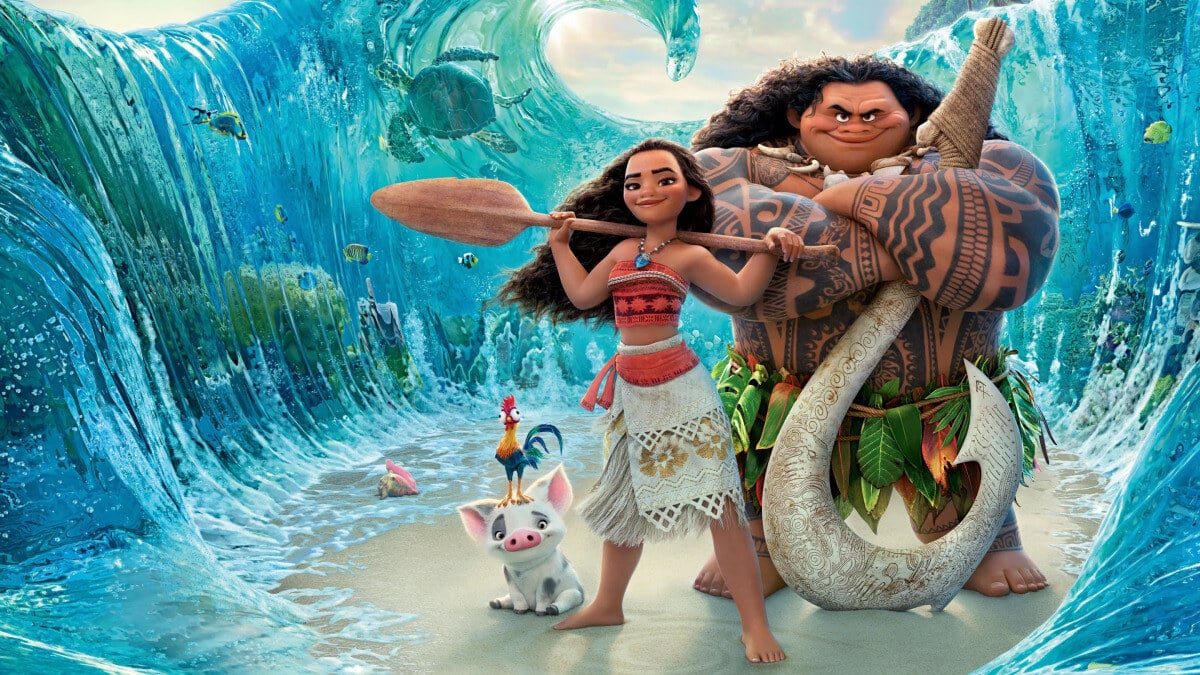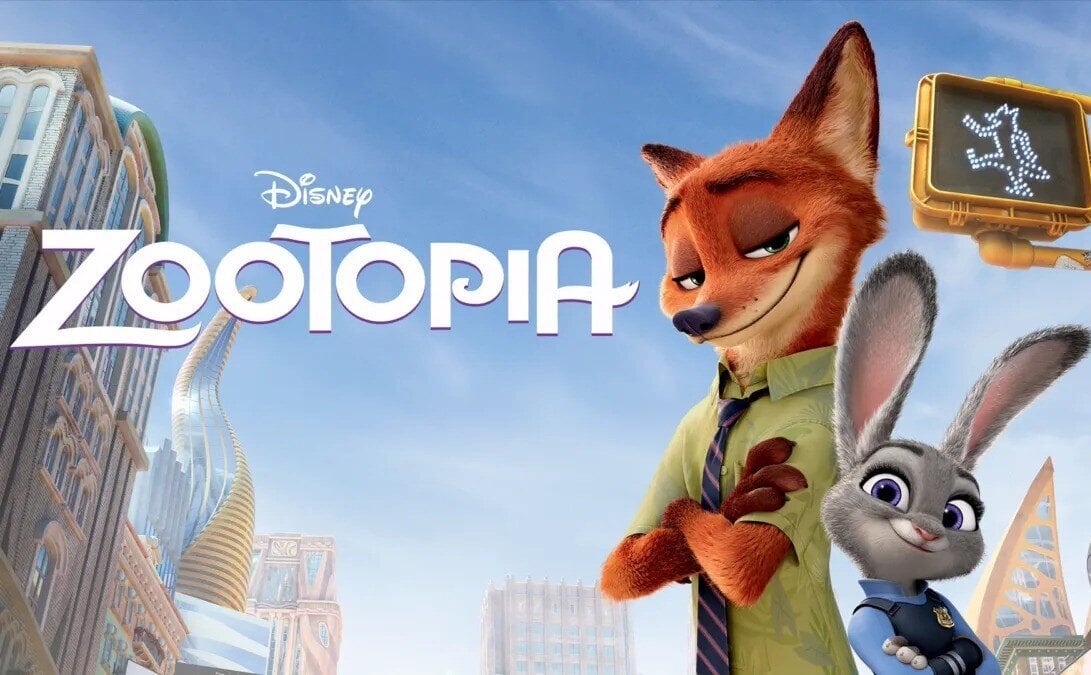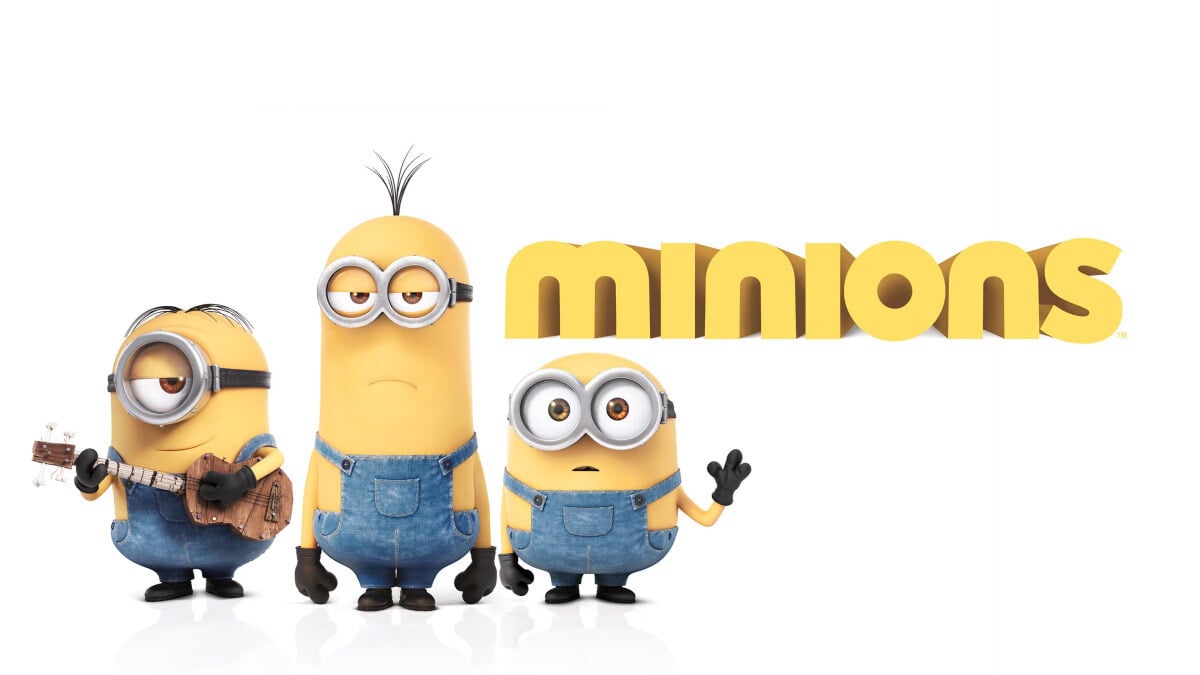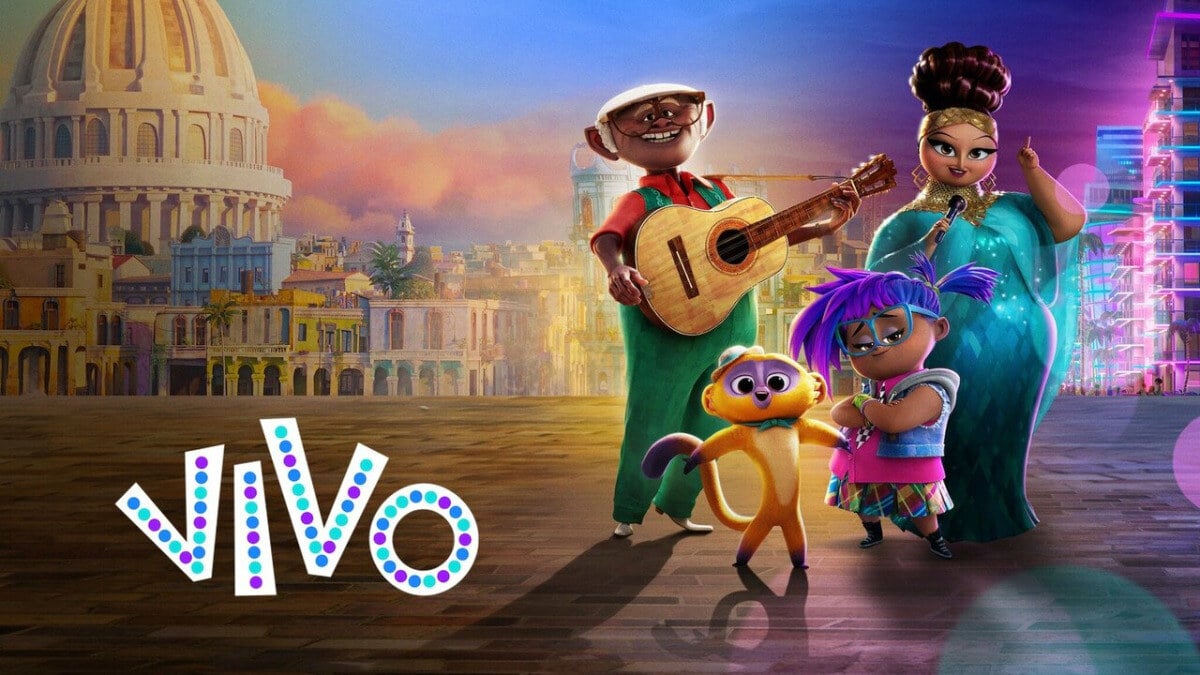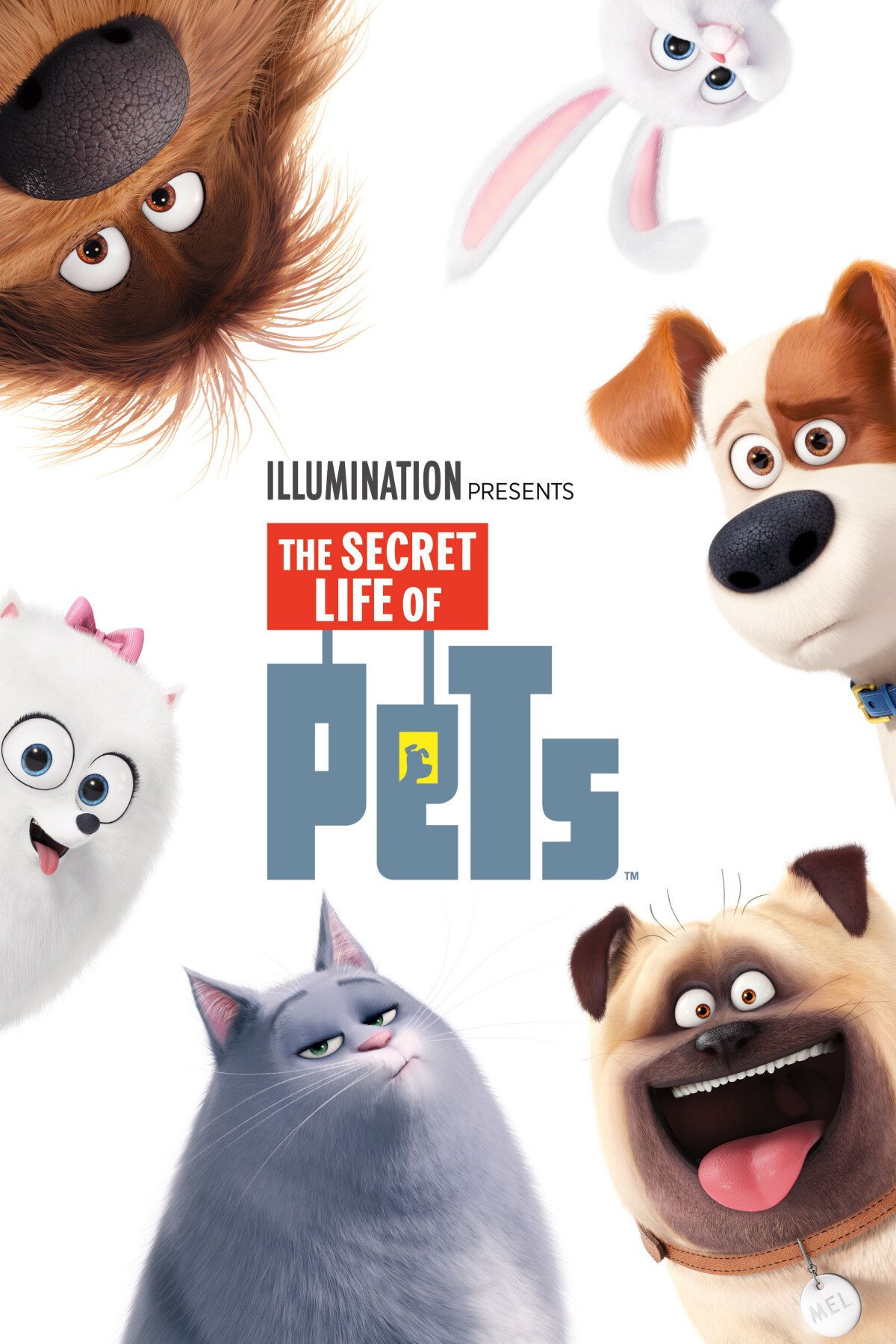STORYBOARDING FOR ANIMATION
MONDAYS & WEDNESDAYS
5:30 PM PT / 8:30 PM ET
16 JUL 2025 - 3 SEP 2025
DURATION:
7 WEEKS
MONDAYS & WEDNESDAYS
5:30 PM PT / 8:30 PM ET
Bring script to life. Learn how to ideate, sketch, and pitch storyboards for animated pictures.
Join Carlos Romero, an Annie-nominated storyboard artist who’s worked on Moana, Zootopia, and Minions, and benefit from expert tips, insider knowledge, and in-depth feedback
THIS COURSE IS FOR YOU, IF...
-
YOU ARE A STORYBOARD OR CONCEPT ARTIST
You have the creativity, but how do you level up? This storyboarding course helps you turn scripts into compelling visuals, sketch clear thumbnails, and pitch storyboards that communicate your vision. Master the techniques that will get you noticed, whether you’re aiming for a promotion or a role at a top studio.
-
YOU ARE A DIGITAL ARTIST, ILLUSTRATOR, OR DESIGNER
You’ve nailed the art — now it’s time to bring it to life. Learn how to transform your sketches into scenes, analyze scripts like a pro, and map out sequences. You'll also get the inside scoop on how the studio pipeline works — so when the credits roll, your name’s on the board.
-
YOU ARE A WRITER OR DIRECTOR
Whether you're pitching a film or prepping for pre-production, this storyboarding course gives you the visual fluency to tell your story frame by frame. Learn to spot storytelling hiccups early, build dynamic shot plans, and communicate your ideas clearly to your team — or your investors.
-
YOU ARE AN ANIMATOR OR A VFX SPECIALIST
Apply your animation know-how to script analysis, thumbnailing, and boarding sequences that pop. You'll level up your storytelling clarity, pitch like a pro, and open doors to directing or storyboarding gigs down the line.
Our students work in 1600+ companies worldwide
Our storyboarding for animation course is all about ACTION. Get real-world experience in life drawing, environment sketching, and thumbnailing scenes through practical assignments. Collaborate, share, and fine-tune your concepts with fellow creatives in workshops. Leave equipped to tackle the industry.
Take a sneak peek behind the curtain. Explore animated sequences and storyboards from Zootopia, Moana, and Vivo to uncover the frame-by-frame secrets of visual storytelling. Plus, get insider tips and insights straight from industry pros.
Time to bring your original idea to life. Create a storyboard sequence and fine-tune it with feedback from your instructor and peers until it's pitch-perfect. Today, you’re presenting to your class — tomorrow, it could be a production studio. Roll end credits.
CARLOS ROMERO
LinkedIn Profile- Story Artist at Netflix
- Annie-nominated Storyboard Artist with over 12 years working in feature films
- Collaborated with major studios, including Walt Disney Feature Animation, Illumination Entertainment, Amazon Studios, Paramount Animation Studios, Skydance, and Dreamworks Animation.
- Contributed to over 12 films and shows, including Moana, Zootopia, Ralph Breaks the Internet, Vivo, Minions, Secret Life of Pet 1 & 2, The Smurfs, and more.
- Has experience in writing, developing, pitching, and selling projects to studios.

Get the lay of the land, meet your instructor, and get a sneak peek at what’s coming your way. This is your launchpad — quick intros, key info, and the game plan for the weeks ahead. Let’s hit the ground running.
- Instructor introduction
- General housekeeping
- Course & assignment overview
From a single sketch to a full-blown scene, storytelling is your backstage pass to shaping emotion, action, and meaning. In this class, you’ll dive into storyboarding as your all-access toolkit — part director, part actor, part cinematographer. Zootopia’s in the spotlight, but it’s your own storytelling chops we’re here to level up.
- The power of storytelling
- A story artist and their many hats
- The purpose of storyboarding
- Case study: Zootopia
Assignment #1: Inspiration Clip Description
Pick a favorite scene or clip (YouTube, Vimeo, etc.) and, in 150-300 words, describe why it resonates with you and what makes it stand out.
Course Project: Full Storyboard Sequence
Create a storyboard sequence based on an original idea. Start with thumbnails, refine, and deliver a final presentation. You’ll receive continuous feedback throughout, helping you create a pitch-ready storyboard.
Great characters drive great stories — full stop. In this session, we’ll dig into what actually makes a character click with an audience before you even put pencil to paper. Through examples, discussion, and a little group fan-geeking, you’ll start seeing the story through your character’s eyes.
- Character fundamentals
- Establishing a point of view
- Character examples & analysis
- Workshop: Discussing favorite characters & what makes them work
Assignment #2: Character Analysis
From the scene in Assignment 1, choose a character and write a 500-word analysis on their personality, choices, and how the acting informs their character.
Learn how to bring characters to life with just a pencil and a few smart choices. From bold silhouettes to subtle expressions, you’ll explore how every line helps sell the story — and why great character drawing is more than just good looks.
- Establishing a character in a storyboard: Technical overview
- Silhouette value in composition
- Storytelling poses & acting
- Contrast & nuance
- Case study: Moana
Assignment #3: Draw From Life
Head out to a café, park, or other public space and sketch real people. Keep it loose, focusing on capturing action, pose, or expression with a few rough sketches.
A camera is the invisible guiding hand in defining a scene. Learn how to make your camera choices say something. This class is all about using angles, cuts, and movement to serve the story, not just frame it. You'll start seeing every pan and close-up as part of the plot, not just the picture.
- Camera’s role in storytelling
- Camera language
- Establishing tone & intent with camera
- Scene analysis & comparison with camera treatment
- Workshop: Drawing from life, challenges, complex scenes: Discussion
Assignment #4: Life Drawing
Find a life drawing class or life drawing videos on YouTube. Dedicate time to sketching the human form, aiming for quick 1-15 minute poses to improve accuracy and gesture.
Rules are meant to be broken, but they must first be understood to create the clearest vision of your scene. Learn when to break them — and when not to. This class dives into the nuts and bolts of shot composition, perspective, and camera placement so your scenes don’t just look good — they make sense.
- Technical shot breakdown
- Establishing the scene
- Having the right perspective, figuratively & literally
- 180 degree rule
Assignment #5: Environment Sketch
Create a simple room or environment using a one-point perspective. Make five different shots with varying camera angles and perspectives.
Storyboarding can feel like wandering in the dark — thumbnailing is your flashlight. This is the first phase of bringing your storyboard to life. In this class, you’ll sketch fast, fail smart, and discover your scene’s shape before you commit to the big boards. It's where messy ideas turn into a sharp direction.
- Conceptualizing characters, dynamics, & goals of the storyboard
- The value of discovery & failing through thumbnails
- Demo: Live thumbnailing off of a script page
Assignment #6: Film Study: Thumbnailing a Scene
Pick a film scene and create 20-25 quick thumbnails, capturing the essence of the shots without focusing on details.
The collaborative nature of filmmaking is never more apparent than when storyboarding in animation. You'll learn how scenes move from first sketch to final cut — and why teamwork across departments is just as crucial as creativity. It's where your drawing meets directing, with a whole team backing you up.
- Studio storyboarding process
- Pipeline stages
- Editorial & scene assembly
Assignment #7: Scene Idea/Premise for Main Story Assignment
Pitch a 1-3 sentence idea or moment for your main storyboard project. Feel free to include sketches or shot ideas alongside your pitch.
Take your story from scribbles to something that actually sticks. In this session, you’ll learn how to pitch your idea, incorporate feedback, and turn peer input into storytelling gold. It’s all about collaborating, bouncing ideas off of one another, problem-solving, and levelling up each other’s work — just like in a real story room.
- Collaboration & ideation
- Plussing, noting & solutions
- Demo & case study: Live thumbnailing
- Workshop: Presenting storyboarding ideas, giving and receiving feedback on characters & premise
Assignment #8: Thumbnailing Your Scene
Begin thumbnailing your scene for the final project, integrating feedback from previous assignments and breakout room discussions.
See what it actually takes to thrive as a storyboarder — the highs, the hurdles, and the hustle. The job demands not only vision but also the ability to navigate challenges and seek opportunities. This session is all about real talk from the trenches: how to grow, adapt, and keep your creative edge sharp in a fast-moving industry.
- A day in the life
- Overcoming challenges & creating opportunities
- Ongoing growth as a storyboarder
You're taking your storyboards from plans to something that actually looks like a scene. This class is all about turning thumbnails into rough boards that clearly tell your story — messy’s fine, as long as it makes sense. Think of it as building the blueprint before the big build.
- From thumbnails to roughs
- Rough boards & prioritizing clarity
- Demo: Live roughing out boards off of thumbnails
- Case study: Vivo
Assignment #9: Roughing Out Your Thumbnails
Start refining your thumbnails, using the principles from class to develop your sequence further.
Get ready to build a portfolio that speaks volumes about your unique style and storytelling eye. Learn what to include (and what to leave out), how to showcase your versatility, and how to impress recruiters with a killer selection of work. By the end, you'll know exactly how to put your best foot forward in the competitive industry.
- Portfolio construction & selection
- Recruiter expectation
- Portfolio examples
- Showcasing who you are
Nail the pitch, whether you're a natural public speaker or just starting out. Learn how to make your scene the star, gain confidence in the story room, and practice giving and receiving feedback to take your work to the next level. You’ll walk into any pitch with the tools to own it.
- Pitching tips & essentials
- “Show, don’t tell”
- Staying authentic
- Demos: Live pitching
- Workshop: Pitching sequence & practicing giving and receiving feedback
Assignment #10: Applying Notes & Feedback
Review the feedback you've received and integrate the most useful suggestions into your storyboard sequence. Refine based on the insights to elevate your work.
Continue to pitch your storyboards. This session will have you presenting your storyboards, getting live feedback, and fine-tuning your ideas. It’s a hands-on chance to apply everything you've learned and polish your skills for your future career as a story artist.
- Workshop: Breakout room pitches
- Instructor feedback: Drawovers, breakdowns, improvements
Wrap it all up, look ahead, and get your next moves lined up. This session is your chance to reflect, ask anything, and leave with a clear plan — not just credits, but a kickstart.
- What now? Next steps!
- Course reflection
- Final thoughts
- Open Q&A
What our students say
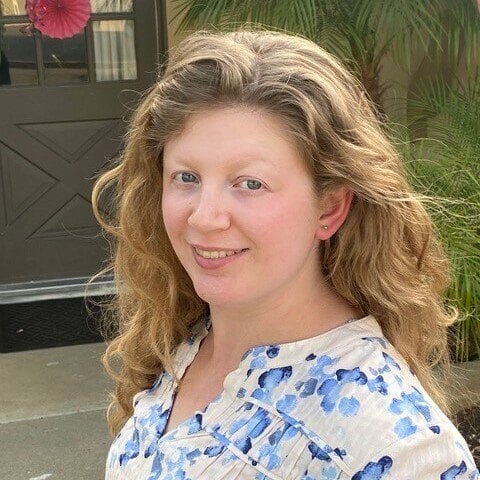
ANIMATION SCRIPTWRITING
"I'm enjoying this class and can't believe it is almost finished! Time certainly flew... and yet, I have learned a lot in this class!
This class has really allowed me to step out of my comfort zone and learn more about screenwriting for animated films by having me rewatch films I have seen and films I haven't watch before for research (in fact, my experiences in the class had given me the courage to view 'Anastasia', an animated film that I wanted to watch but never got to see it.)"
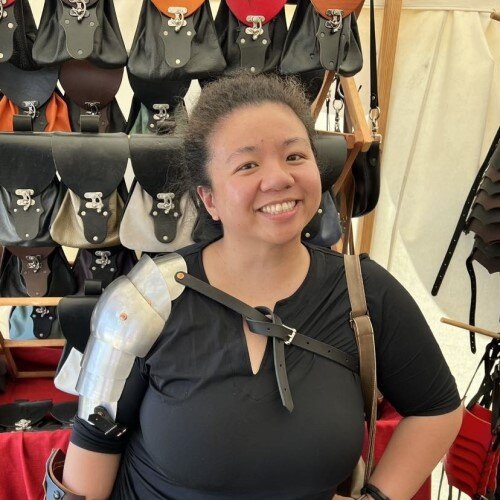
BECOME A GAME WRITER
"The course is well-paced and the resources given are quite plentiful both during the lesson and on the slides. The assignments were challenging if you were new to a particular concept (ie screenwriting) but not only was there value in the exercise, there was great value in getting feedback from professionals."
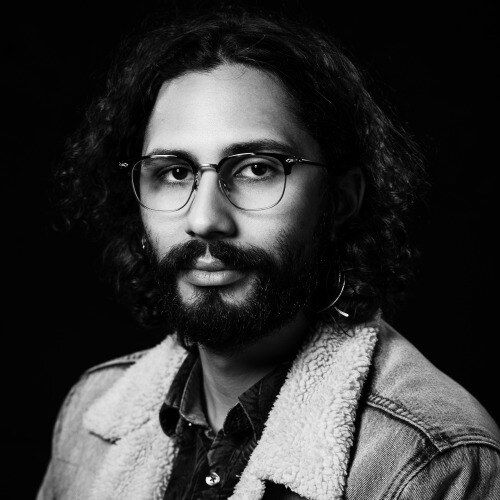
BECOME A GAME WRITER
"I really love getting a close look at what the industry actually looks like. Adam's perspective is awesome and the class really makes you feel like you're peering over the fence at an industry that normally feels totally inaccessible."
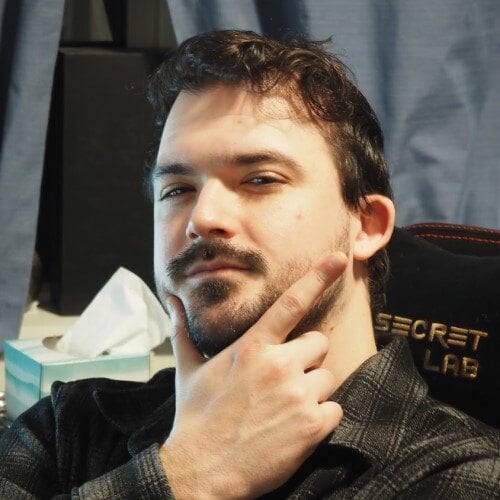
ANIMATION SCRIPTWRITING
"His passion for the subject matter and willingness to share his knowledge and wisdom in order to equip and empower his students."

BECOME A GAME WRITER
"I was not prepared for how professional, how supportive and genuine my instructors Adam and Alex would be for my game narrative course (Sabina you are our biggest cheerleader too and we all thank you for that.)
I never would've guessed this class was as new as it was for how informative, helpful and resourceful it was.
ELVTR makes sure you not only feel safe to learn to create, but pushes you with a community driven approach that felt it worked better than a lot of college courses I've taken."
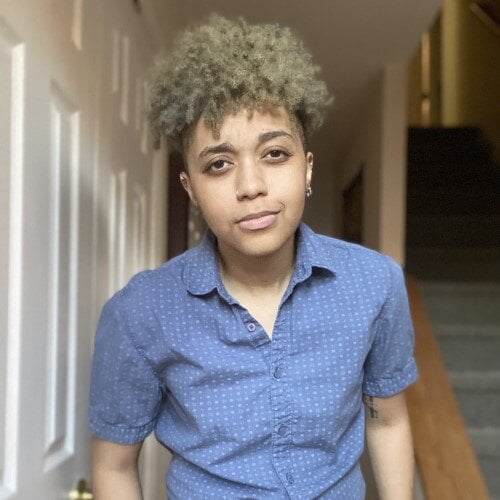
BECOME A GAME WRITER
"Hearing about Adam’s experiences within the industry, and his range of experience, really helps put into perspective of what working for a company would possibly be like. And gives hints at what other skills we should foster."

BECOME A GAME WRITER
"I would argue that the best thing about this course is the community. Being able to communicate with both students and instructors is such an important part of a course like this. It is really fun to have conversations about anything, including the class itself."



